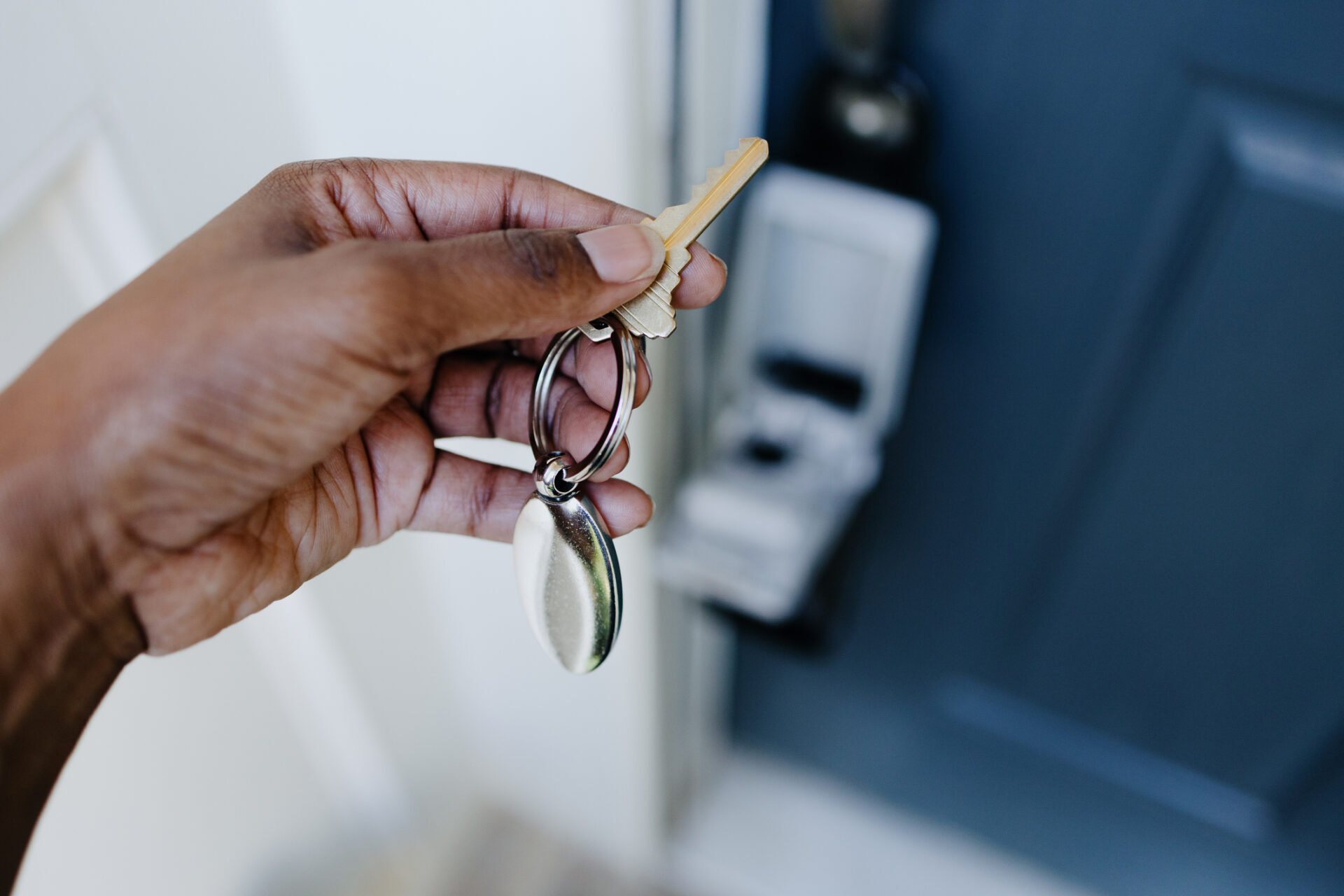
September 4, 2024
Metro Atlanta’s Housing Crisis: Nearly 12K Students Without Stable Homes Affected
A recent report from Atlanta Civic Circle uncovers the direct impact that the housing shortage in the city has on its public school students.
The city of Atlanta has a housing crisis that is severely impacting its youth. A total of 11,857 students are living without stable housing across the metro area’s Cobb, Clayton, DeKalb, Fulton, and Gwinnett counties, Atlanta Civic Circle reports. .
According to data pulled by Neighborhood Nexus on the Georgia Department of Education, Atlanta Civic Circle reports that the number of students affected by the housing crisis in Atlanta not only exceeds the number of people it would need to “fill every seat in Georgia Tech’s basketball stadium” but it’s almost enough to “pack Duluth’s Gas South Arena.”
Joy Moses, a researcher at the National Alliance to End Homelessness, said the data might not even be entirely accurate. The number of students facing unstable housing is likely higher than the reports indicate as many parents opt out of identifying as unhoused when enrolling their children into schools in fear of losing custody.
Additionally, public school systems often employ a homeless liaison staff “to identify students in precarious living situations” to identify children who are either experiencing or at the brink of homelessness.
“Many school systems are under-resourced,” Moses explained. “Often, the people who are focused on homeless services within a school district or even in a school, it’s one of many responsibilities that they have. They’re trying to execute the best way that they can, but it’s rare to see a targeted person where that’s the focus of their job and they’re not doing anything else.”
The housing crisis has caused a spike in student absenteeism across Georgia, which the COVID-19 pandemic has exacerbated. The report said chronic absenteeism occurs when a student misses more than 15 days in a school year.
In 2023, 29% of Georgia preschoolers were the subjects of chronic absenteeism, up a whopping 18% from data pulled five years ago. Before the pandemic, 22% of high school seniors were absent for more than 15 days in the school year. That rose to 35% in the last year.
Monica Johnson, an organizer with the nonprofit Housing Justice League, confirmed that even for students impacted by unstable housing who aren’t chronically absent from school, there is still a negative influence on their ability to learn and retain information.
“The issues that we face in our community flow from the lack of resources,” Johnson said. “When you don’t have a regular place to sleep, when you don’t have good food to eat, when you don’t have your healthcare taken care of, you are unable to grow as a human being and fulfill your needs and make good decisions and set yourself up for success.”
“If you’re constantly on alert—if you don’t feel safe and warm and content—then trying to learn something or build critical thinking skills or improve your reading or understand math concepts, it’s not going to happen,” Johnson continued.
RELATED CONTENT: Rocket Community Fund Invests In ‘Stable, Healthy Housing’ For Underserved Communities